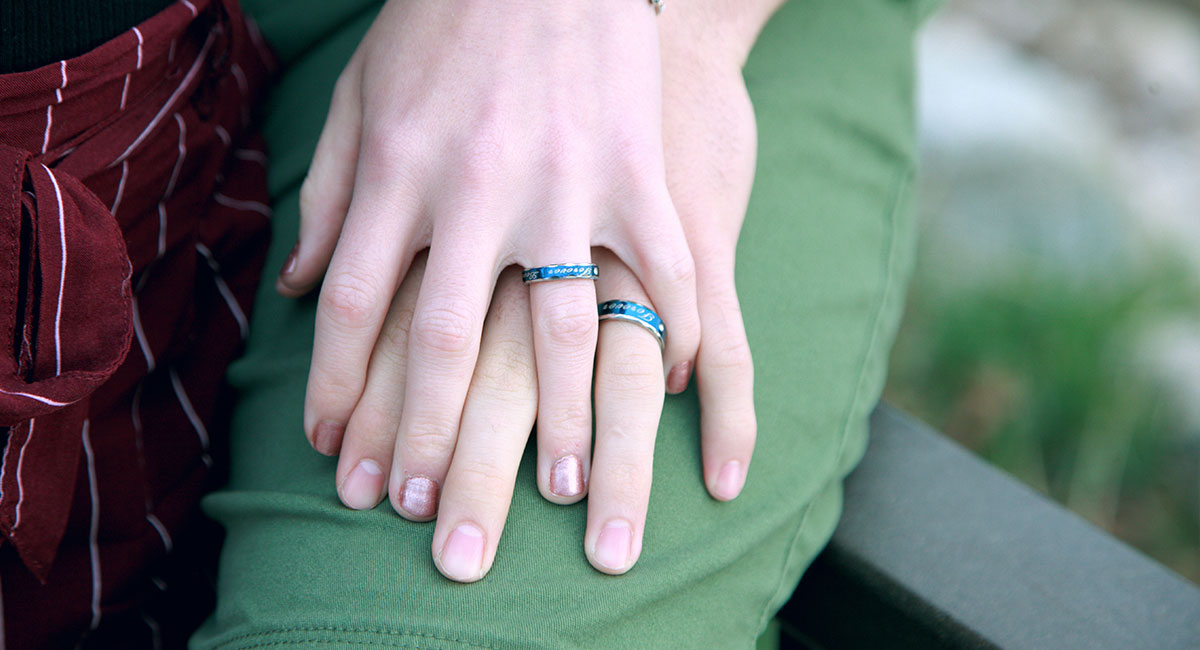
In more than two dozen countries including Australia, the legalisation of same-sex marriage represents a significant legal milestone.
Because the legislation has only been in effect in Australia since December 2017, a key question that remains largely unanswered is how the legal recognition of same-sex marriages in Australia will affect property proceedings.
This is important because the changes to Australian laws that permit same-sex marriage here also allow for the recognition of same-sex marriages that took place overseas. In other words, a gay or lesbian couple that wed in a country that had legalised same-sex marriage prior to 2017 and is now living in Australia will also be treated as a married couple under our laws. And depending on each couple’s situation, that can be complicated.
Let’s say, for example, that a couple married in a foreign country which legalised same-sex marriage 10 years ago. After living there for a couple of years, the couple returned to Australia but were never officially divorced, because their marriage was not legally recognised here at the time. If they were to now be married under Australian law, this would actually be a second marriage in the eyes of the law.
Under applicable laws, namely 88D(2) of the Marriage Act, the second marriage is voided once someone enters into a second valid marriage. This means that a couple in the circumstances detailed above may be forced to abide by the de-facto provisions of the Family Law Act instead of the marriage provisions.
Changes to the Family Law Act that took effect in 2008 authorised the Family Court to change property interests for same-sex couples who are in ‘de facto relationships’, effectively putting them on equal footing with heterosexual couples in the same legal classification.
Even so, initiating property proceedings is a little bit harder for these couples. This is because they have to meet a higher burden of proof to verify that they are, or were, in this type of relationship. For example, they must prove that they lived together (prior to separation) and had some degree of mutual financial dependence. On the other hand, the existence of a valid marriage is the only evidence a court needs to find that a married couple shared joint property interests.
Another factor to consider is that married couples have one year (12 months) in which to initiate property proceedings in court after the issuance of a divorce order. Conversely, de-facto couples must initiate property proceedings in court within 24 months (two years) after they have legally separated.
Because they have generally separated without the Court’s help and without applying for an official divorce in the country in which they were married, stipulations pertaining to these deadlines may also affect same-sex couples. The good news, however, is that the Court already has a framework for addressing this dilemma. This is because it comes across similar issues when separated heterosexual couples have procrastinated before filing for divorce, and then make court applications for property settlements several years after their legal separation.
To date, the Court hasn’t had to decide how the recognition of past same-sex marriage will affect the implementation of these deadlines. However, it does have the authority to decide whether a case should be dealt with by a judge on an individual basis, based on its evaluation of whether Court intervention is fair and just.
If you are a gay or lesbian couple that wed in another country and you are now living in Australia, it is important that you fully understand how legal recognition of same-sex marriage affects you.


